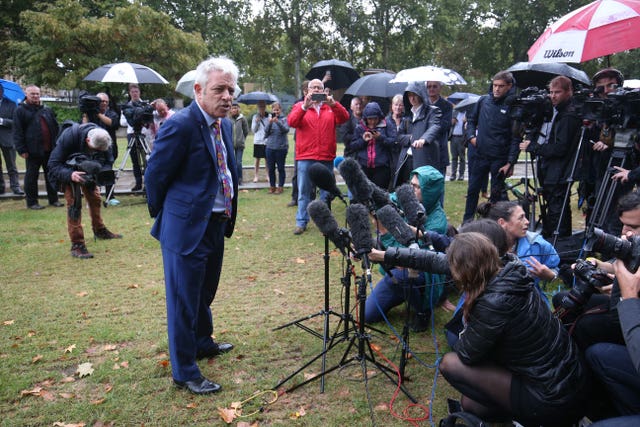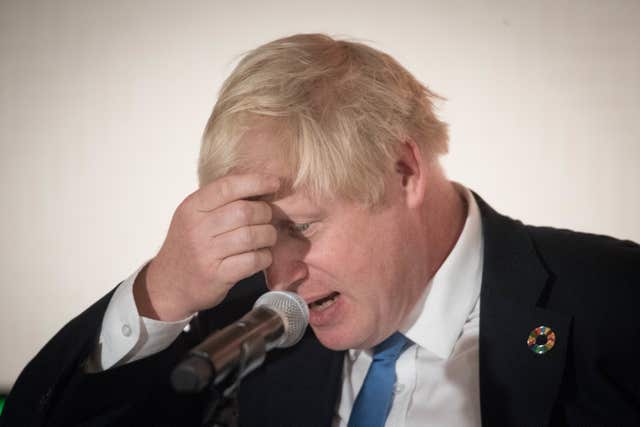Supreme Court rules suspending Parliament was ‘unlawful’: so what happens next?
Commons speaker John Bercow says he has instructed Parliamentary authorities to prepare to resume sitting on Wednesday.

The Supreme Court has ruled that Boris Johnson’s decision to suspend Parliament for five weeks was unlawful.
– So what happens now?
The president of the UK’s highest court, Lady Hale, announced on Tuesday morning: “Parliament has not been prorogued.”
But the unanimous judgment of all 11 justices was that it was for Parliament – and particularly the speakers of both houses – to decide what to do next.

– What does Commons speaker John Bercow say?
In a statement released as soon as the court had given its ruling, Mr Bercow said the Commons must “convene without delay” and that he would be consulting party leaders “as a matter of urgency”.
He later announced he had instructed Parliamentary authorities to prepare to resume sitting on Wednesday.
– What did the party leaders say?

Tory party leader Boris Johnson did not react immediately. But he is at the UN in New York and it was 5.45am local time when the ruling came through.
No other ministers had any immediate reaction either.
But Jeremy Corbyn called for the PM to resign and brought forward his party conference speech to Tuesday afternoon so he could be back in Westminster by Wednesday.
LibDem leader Jo Swinson said the judges’ decision proved Boris Johnson was “not fit to be Prime Minister”.
And Brexit Party leader Nigel Farage called for the Prime Minister’s chief adviser Dominic Cummings to be sacked, adding: “The calling of a Queen’s Speech and prorogation is the worst political decision ever.”
– Where does it leave the Prime Minister?
The Supreme Court judgment is potentially embarrassing for Mr Johnson.
He might feel duty-bound to get back on a plane across the Atlantic to take charge of proceedings in the Commons but it would be a chastening experience to have to leave foreign leaders like Donald Trump and Angela Merkel to deal with a constitutional crisis of his own making.
The Tory Party could also decide to cancel its conference, which is due to start on Sunday and last until October 2, when Mr Johnson is scheduled to make the closing leader’s speech for the first time.
– Where does this leave Brexit?
Mr Johnson looked to be using Parliament’s suspension as an excuse to tour Europe in a bid to secure a better Brexit deal than Theresa May.
He made a trip to Luxembourg last week, met with senior European leaders in New York on Monday and talks in Brussels about altering the Northern Irish backstop are said to have accelerated.
Tuesday’s decision could put a spanner in the works, with Mr Johnson facing being tied down by regular Commons business, as well as having to answer MPs’ questions about the Brexit direction.
Then there’s the looming EU summit on October 17-18.
His brinkmanship strategy of pushing the negotiations as close to the October 31 deadline as possible looks to have become quite a bit more difficult for the PM.
– What about the rest of the political agenda?
The Government had insisted that prorogation was necessary to start afresh with new legislation from what is effectively a brand-new administration.
But the ruling that the suspension was unlawful means any unfinished Bills that were discarded in the wrap-up process can now come back into play – MPs expect to be able to debate the Domestic Abuse Bill, for example.
It will be business as usual in terms of the legislation being debated – but little else will feel anything like the same following the Supreme Court intervention.
– Does this bring a snap election closer?
Quite possibly. All the main party leaders have said they want one. They just can’t agree on the timing.





